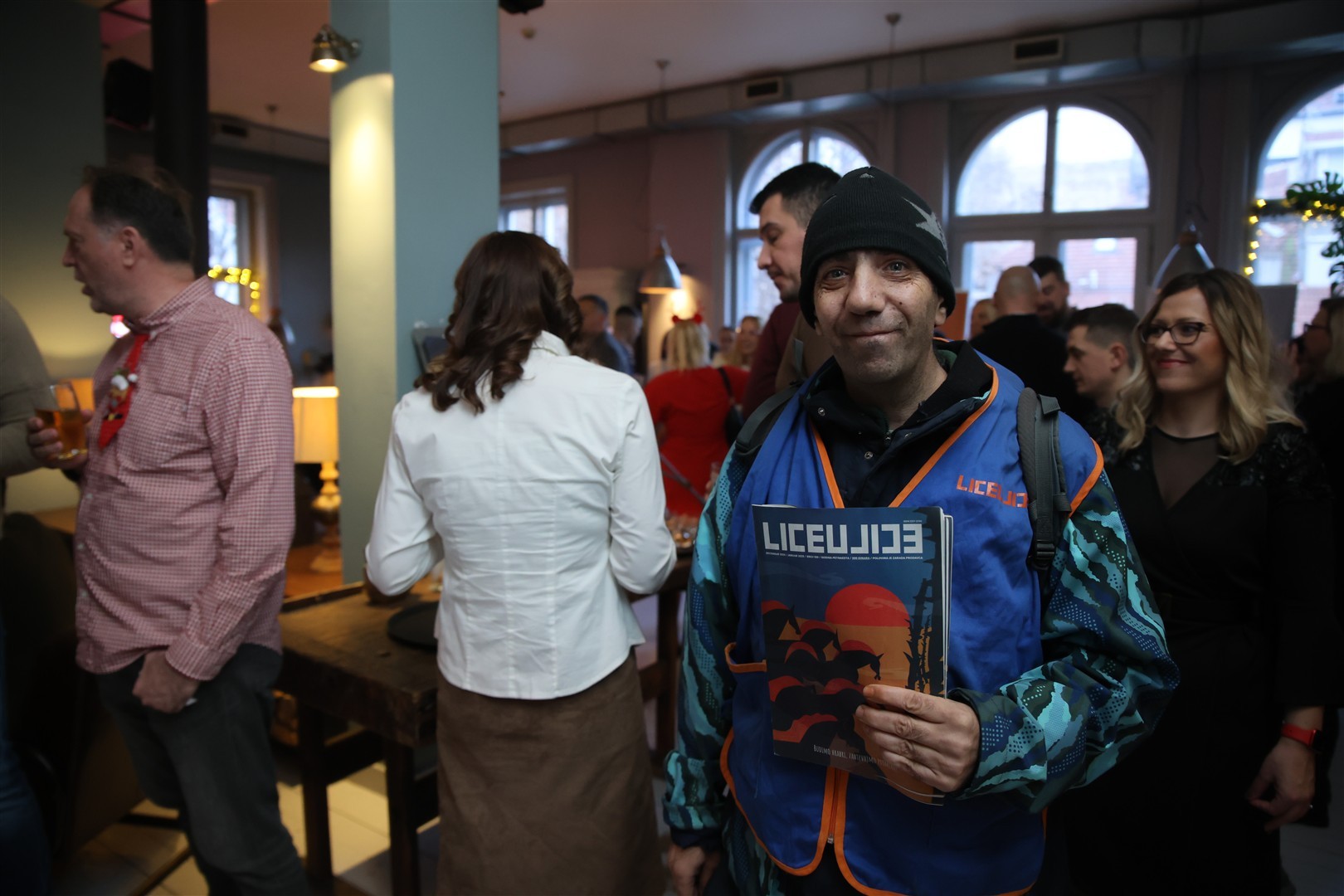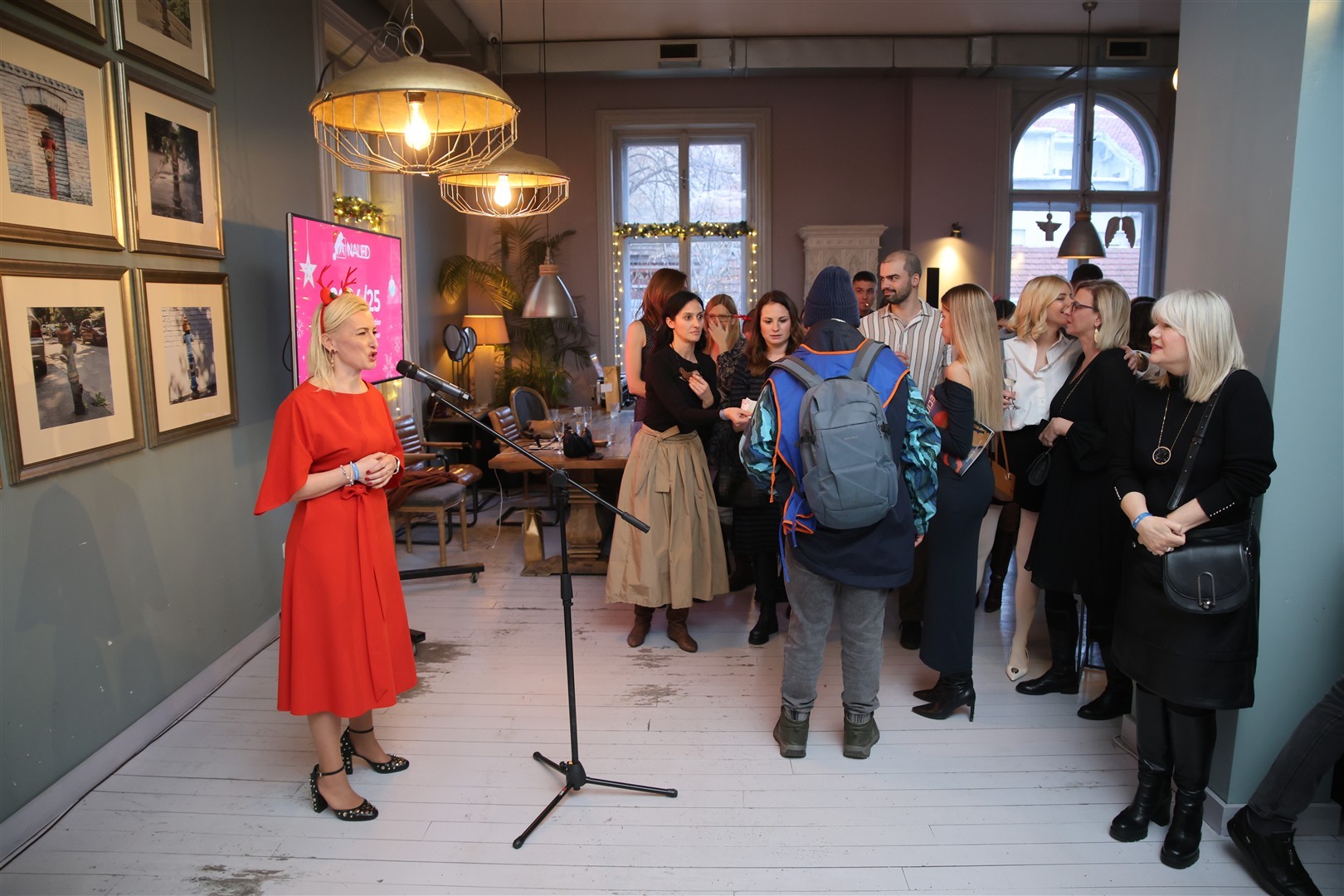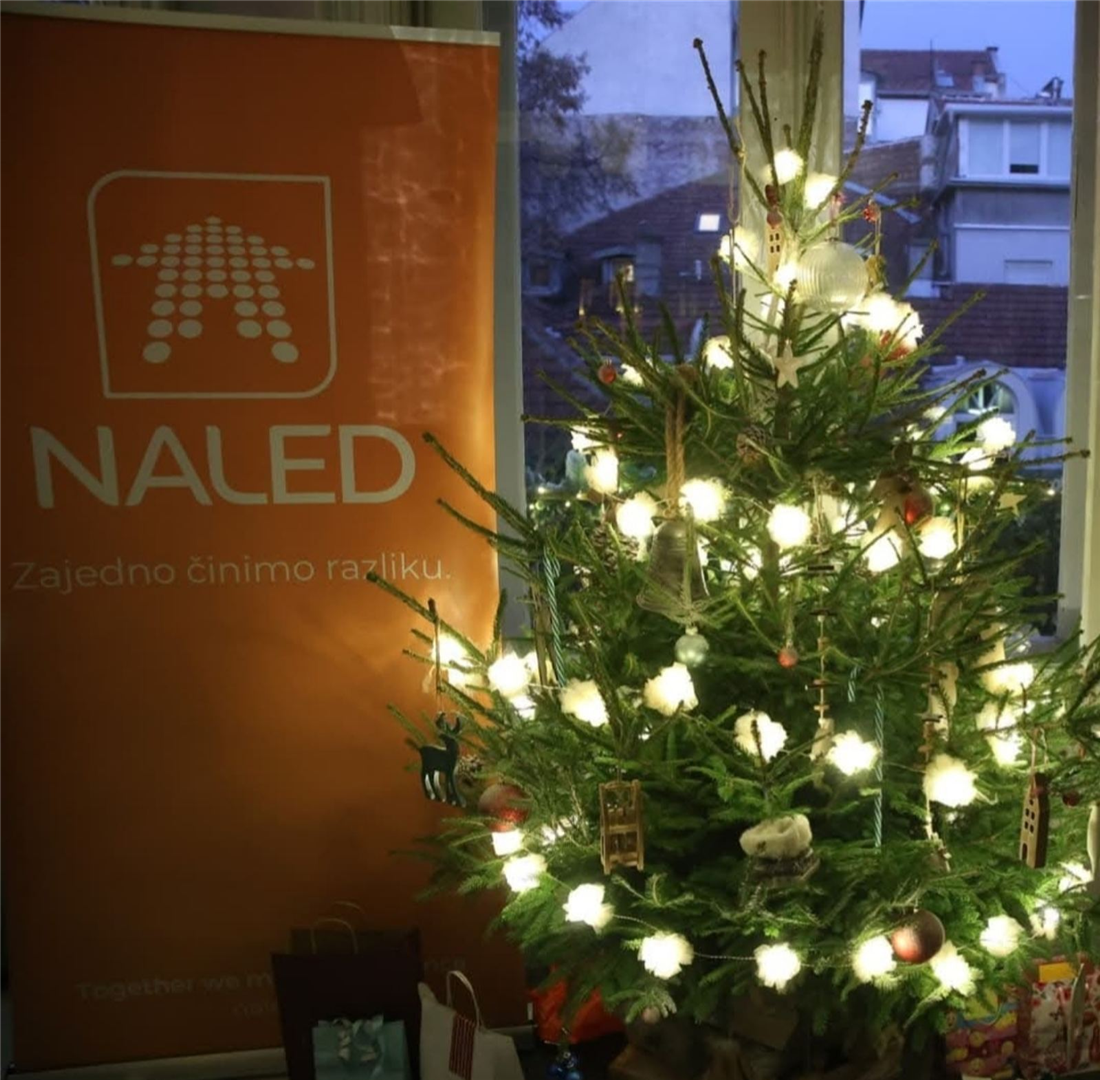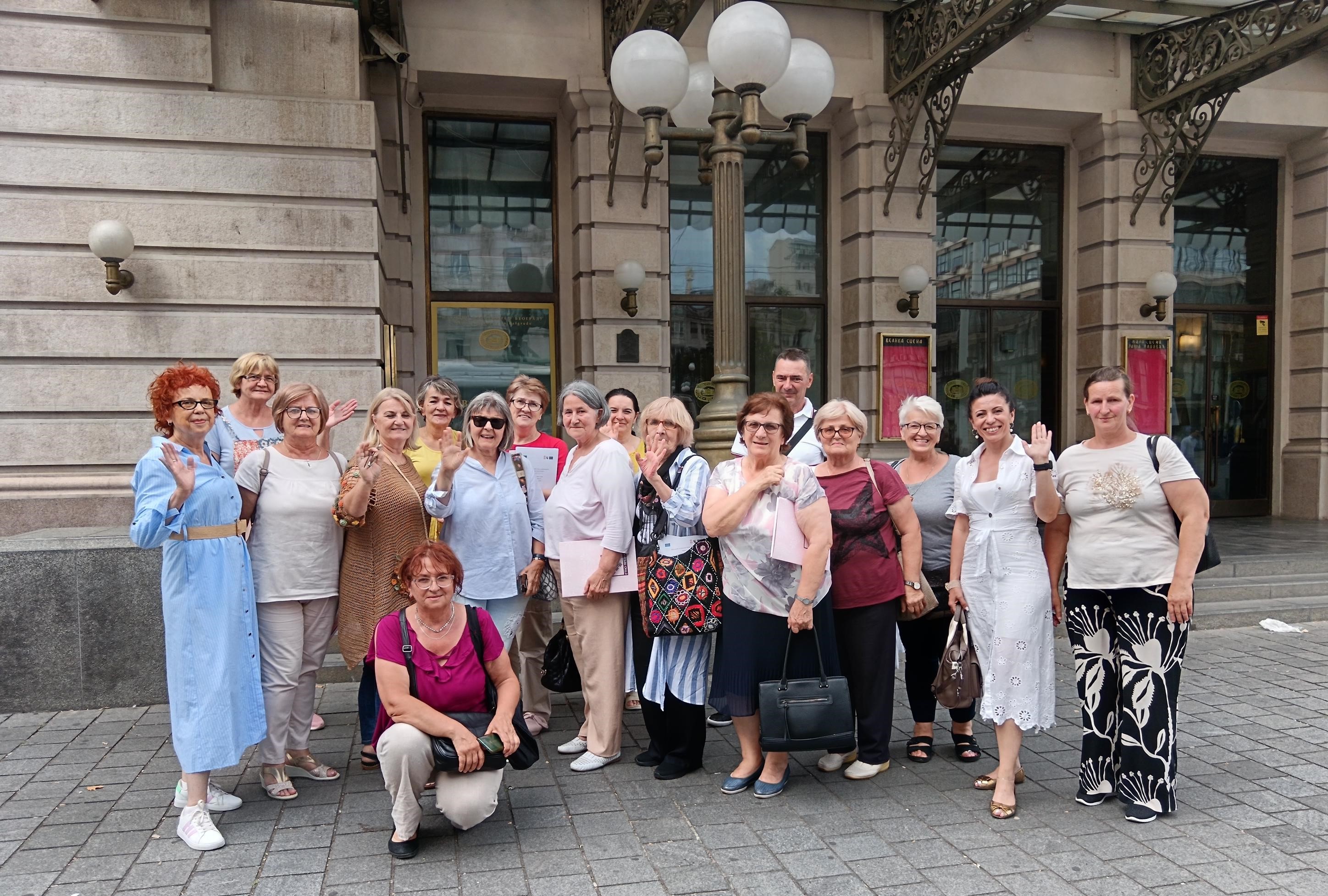Support for the construction of a solidarity-based society
Social inclusion has never been assumed but has always been achieved through the efforts of aware individuals as well as the community itself that faces marginalization. Cooperation between the civil sector and the state is essential for ensuring that the digitalization of public services is equitable and inclusive, says the magazine 'Liceulice,' whose work is based on the principles of social entrepreneurship.
As digital and social inclusion of vulnerable groups is one of the key goals guiding its work, NALED dedicated the holiday season to spreading solidarity through its New Year’s campaign for Liceulice. This non-profit organization provides marginalized individuals with the opportunity to earn income and the right to a dignified life by working as street vendors of the magazine.
- Social enterprises represent an overlooked social potential, and with the proper support from the state, they could offer solutions for empowering and supporting our marginalized fellow citizens, said Violeta Jovanović, Executive Director of NALED.
Today, there are around 500 enterprises in Serbia operating according to the principles of the solidarity economy. They are most commonly registered as associations but also as cooperatives, foundations, or limited liability companies. They prioritize their social mission over profit, reinvest earnings, and manage democratically. Since the adoption of the Social Entrepreneurship Act in 2022, they have been able to register as social enterprises, which is a prerequisite for receiving rights and support from the state.
- There are many organizations operating in this area across Serbia, such as Naša kuća, Bioidea, Etno mreža, Radanska ruža. Most of them are waiting for the Ministry of Labor to adopt the Social Entrepreneurship Development Program so they can register with the Business Registers Agency (APR), as this would currently only bring them new obligations. The priority measures for support, which NALED also advocates for, include social criteria for public procurement, preferential allocation of public spaces, and campaigns for responsible purchasing, Jovanović noted.
A few years ago, NALED, together with the Coalition for the Development of the Solidarity Economy and other associations, participated in the creation of the Social Entrepreneurship Act, which defined the concept of the solidarity economy and the conditions for obtaining the status of a social enterprise. Currently, with the support of the Swedish government, it advocates for the adoption of a Program for the development of the sector, which will be consistently and continuously implemented.
At the end of the Year of Digitalization, as part of the New Year’s campaign for promoting digital and social inclusion of vulnerable groups, NALED redirected funds for corporate gifts to support street vendors of the magazine, calling on all members and partners to join and become 'safeguards' for Liceulice through a subscription to the magazine or donations via the website liceulice.org/liceulice-sigurice. The spirit of solidarity was also strengthened through the New Year’s gathering of NALED’s Executive Office with vendors, where employees had the opportunity to meet them and support their work by purchasing the magazine. The inspiring stories of the efforts, perseverance, and daily challenges of these individuals remind us that everyone deserves a chance for a good and dignified life.








